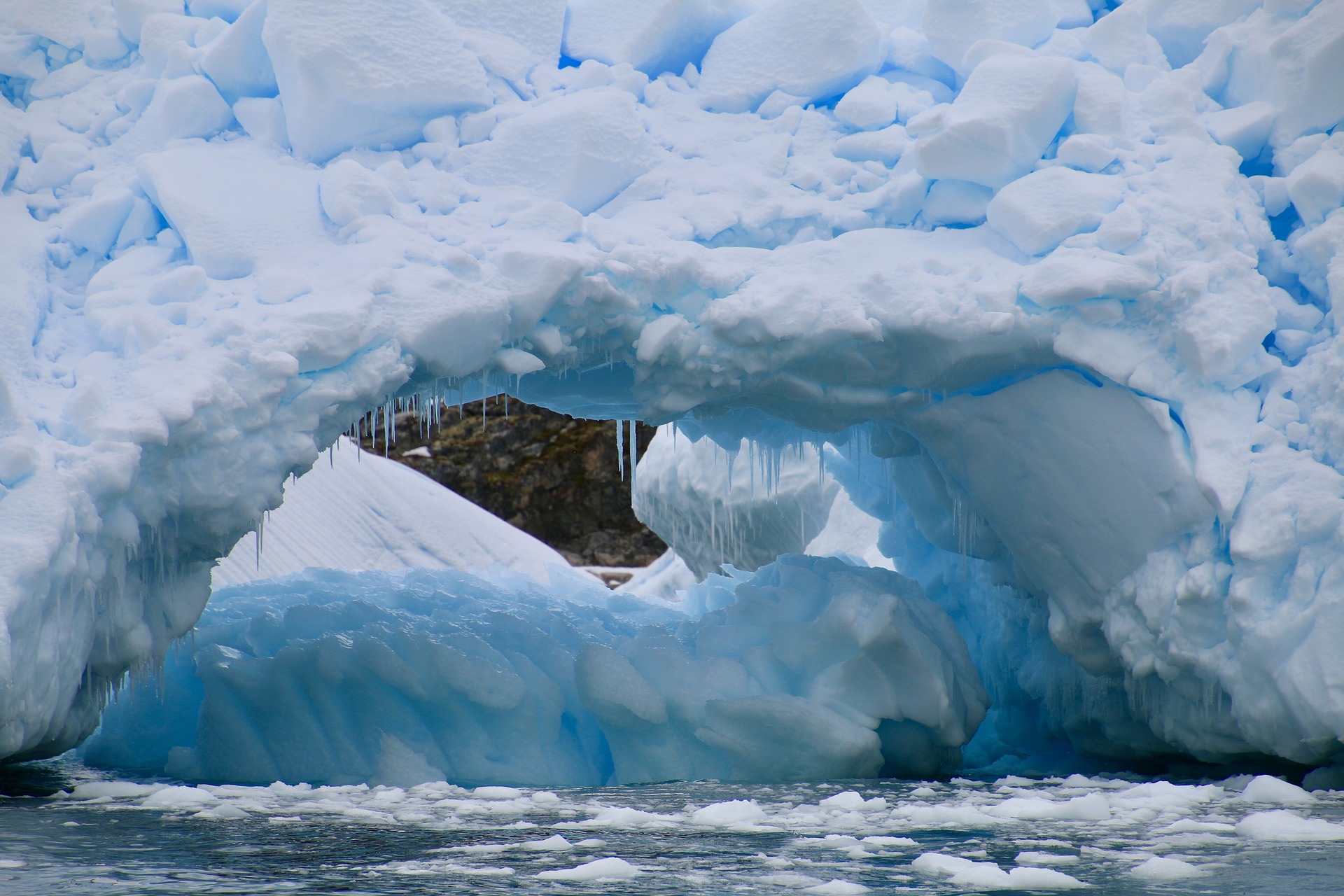News release
From:
BRIEFING ALERT: Is the Southern Ocean about to have its own 'Day After Tomorrow' moment? (Nature*)
NEWS BRIEFING: Tuesday 28 March at 10:00 AEDT ONLINE
The movie 'The Day After Tomorrow' tells the fictional story of catastrophic climatic effects following the collapse of the North Atlantic Ocean circulation, and now new Australian research suggests our own southern version of this deep ocean circulation may soon be about to collapse.
The study, published in Nature, shows that under future climate scenarios, deep ocean warming around Antarctica is set to accelerate over the next 30 years. They found that increasing meltwater coming from Antarctica will drive a slowdown in the circulation of nearby deep ocean water, known as Antarctic Bottom Water, which they say is likely to weaken by 40% by 2050.
The researchers say these changes would profoundly alter the ocean's overturning of heat, freshwater, oxygen, carbon and nutrients, with impacts felt throughout the global ocean for centuries to come.
The briefing will bring together the authors of this research to discuss the findings:
Speaker:
- Scientia Professor Matthew England, Deputy Director of the ARC Australian Centre for Excellence in Antarctic Science (ACEAS) at UNSW
Also available for Q&A
- Dr Adele Morrison, DECRA Research Fellow at The Australian National University
- Dr Steve Rintoul, CSIRO Fellow and Research Team Leader
- Professor Andy Hogg, Chief Investigator of the ARC Centre of Excellence for Climate Extremes at The Australian National University
- Dr Qian Li, Postdoctoral Associate at Massachusetts Institute of Technology (MIT)
*Abyssal ocean overturning slowdown and warming driven by Antarctic meltwater, Li et al, Nature, doi: 10.1038/s41586-023-05762-w
Expert Reaction
These comments have been collated by the Science Media Centre to provide a variety of expert perspectives on this issue. Feel free to use these quotes in your stories. Views expressed are the personal opinions of the experts named. They do not represent the views of the SMC or any other organisation unless specifically stated.
Scientia Professor Trevor McDougall AC is from the School of Mathematics and Statistics at the University of New South Wales
This landmark study addresses the slowing down of the vertical overturning circulation in the Southern Hemisphere, and the associated warming at the sea floor of the Southern Ocean. There have been many studies on the corresponding slowing of the vertical overturning circulation throughout the depth of the North Atlantic Ocean, but this study is the first to shed light on the causes of the warming at the bottom of the Southern Ocean, and importantly, the mechanisms that are causing this warming. They find that the melting of the Antarctic ice sheets is the main driver of the slowing of the overturning circulation, with the changing winds and the surface warming playing only minor roles. The extra meltwater decreases the ocean salinity and the ocean density, and so affects the strength of the vertical overturning circulation. The study warns that the slowing of the overturning circulation is only just beginning, with much more to come in the decades ahead, and the authors point to the likely implications of these changes to the health of ocean ecosystems in the global ocean for the next century and beyond.
John Church is an Emeritus Professor in the Climate Change Research Centre, University of New South Wales.
The global ocean overturning circulation where cold dense water sinks into the ocean depths at high latitudes and then returns to the upper ocean at lower latitudes is a key part of the global ocean circulation and the climate system. It transports and stores vast amounts of heat and carbon around the globe, influencing global climate, and brings nutrient rich water back to the upper ocean where it can be used by ocean ecosystems. Any significant change to the overturning circulation would have profound effects.
Previous studies of the overturning circulation focussed most on the north Atlantic Meridional Overturning Circulation (AMOC). In contrast, the equivalent Southern Ocean overturning and particularly the impact on it of loss of Antarctic Ice (leading to sea level rise) has been much less studied.
Li et al. consider focus on the southern hemisphere overturning. Their study uses, for the first time, a high resolution ocean/sea ice model allowing simulation of important features of the circulation and includes consideration of the loss of ice from Antarctica.
In a high emission scenario, they find that by 2050 the Southern Ocean overturning circulation decays by 40%, about twice the decay of the AMOC. The input of Antarctic melt water is the most important factor causing this decay. The decay result is a warming of abyssal water in the southern hemisphere oceans, particularly south of Australia.
Many uncertainties remain about the impact beyond 2050, including the potentially larger loss of mass from Antarctica postulated in some studies. But it seems almost certain that continuing on a high greenhouse gas emission pathway will lead to even more profound effects on the ocean and the climate system. The world urgently needs to drastically reduce our emissions to get off the high emission pathway we are currently following.
Dr Ariaan Purich is a Research Fellow in the ARC Special Research Initiative Securing Antarctica's Environmental Future at Monash University
As the climate warms, the Antarctic ice sheet is melting at an accelerated rate. In this new study, a high-resolution ocean-sea ice model finds that this extra meltwater is changing the ocean circulation, with important implications.
Specifically, the meltwater causes a strong freshening around the Antarctic margins and this, in turn, is slowing down the deep ocean circulation. In the model, the meltwater is causing a strong warming of the abyssal Southern Ocean, consistent with observations. This study highlights that in addition to raising global sea levels, accelerated melting of the Antarctic ice sheet has important implications to global climate.



 Australia; NSW; ACT
Australia; NSW; ACT



